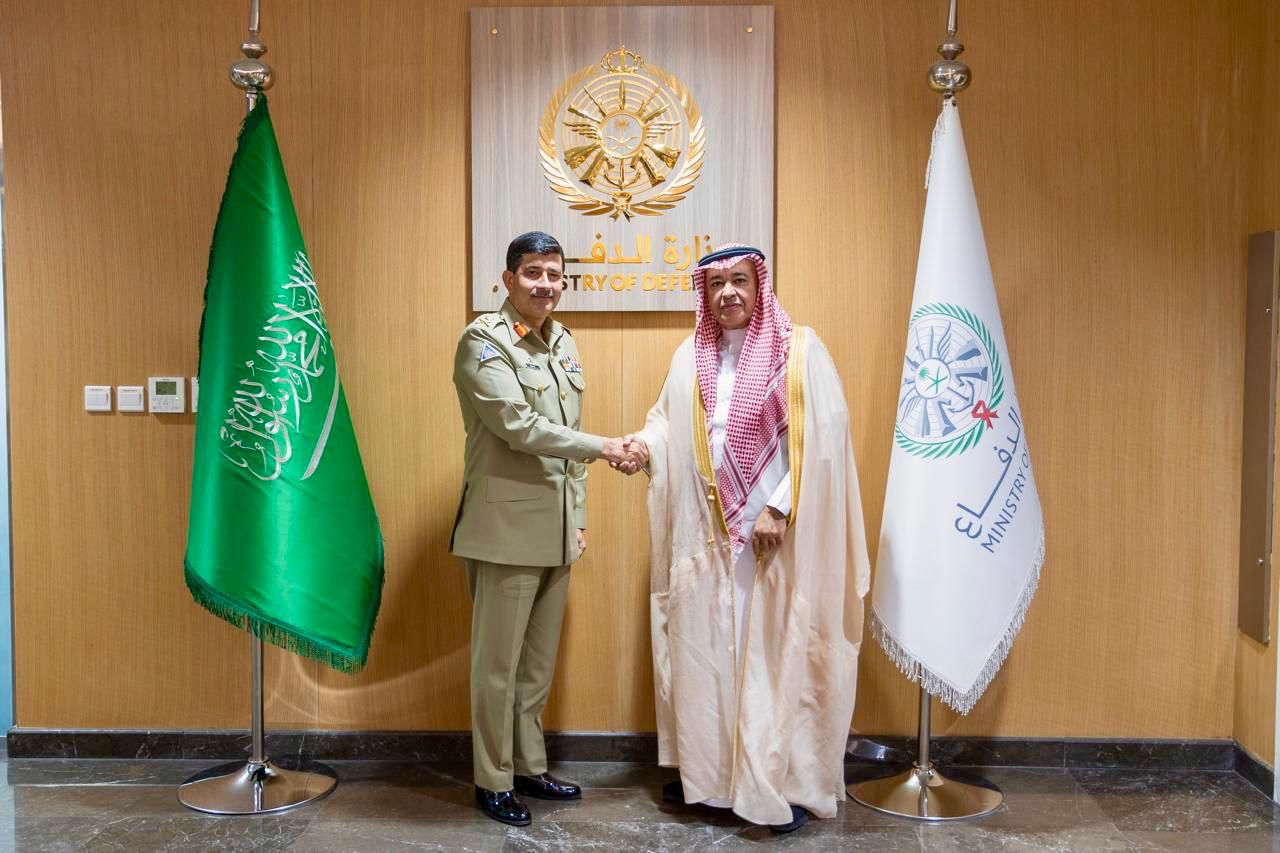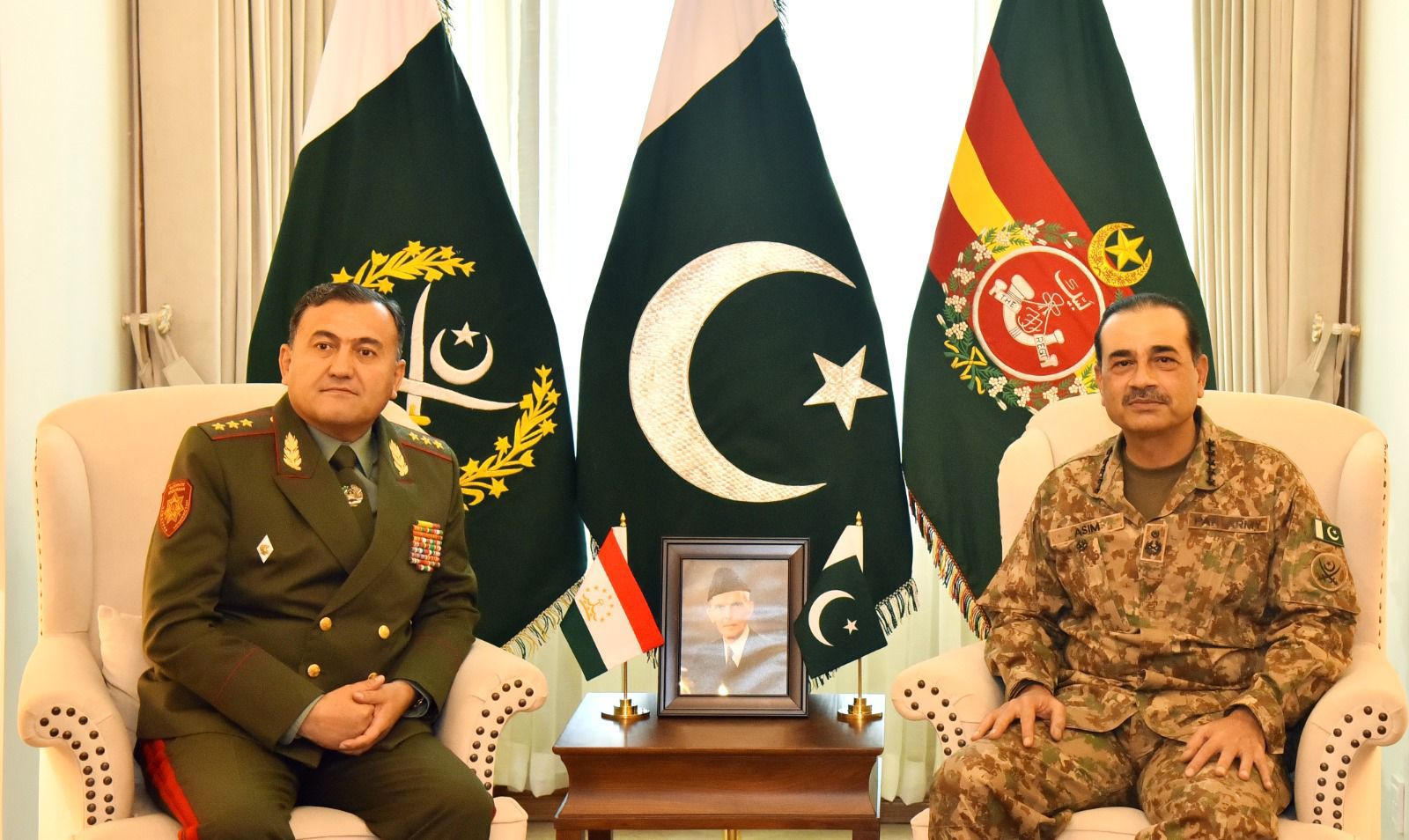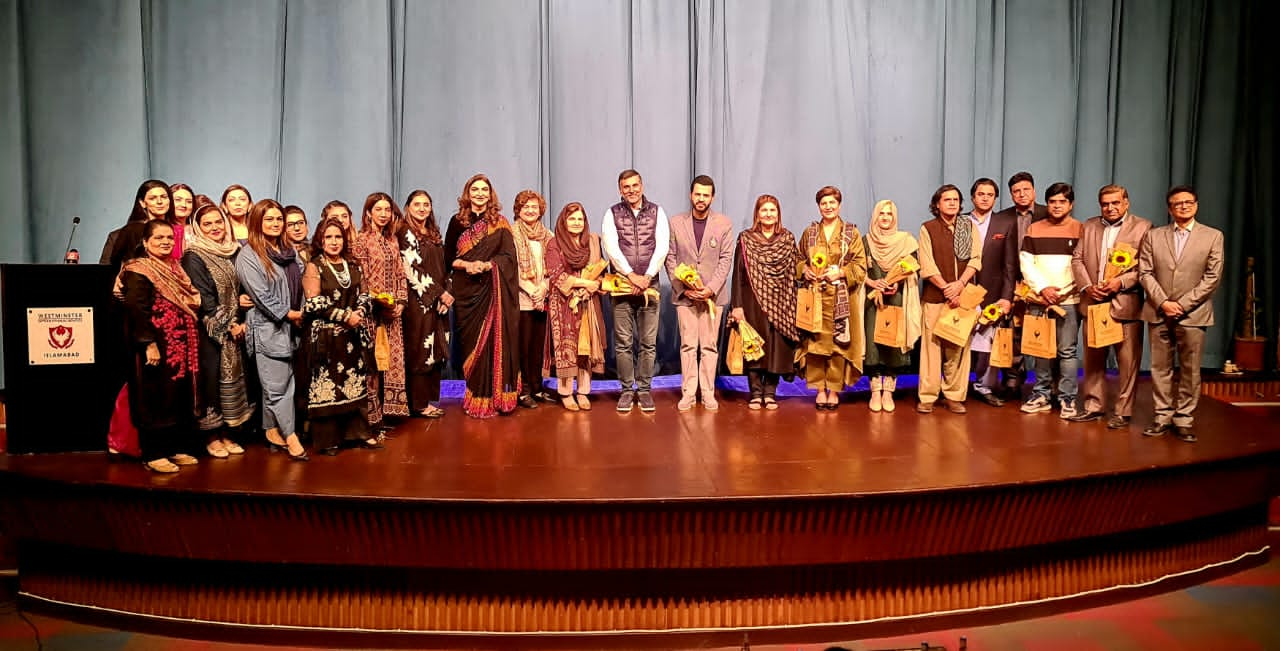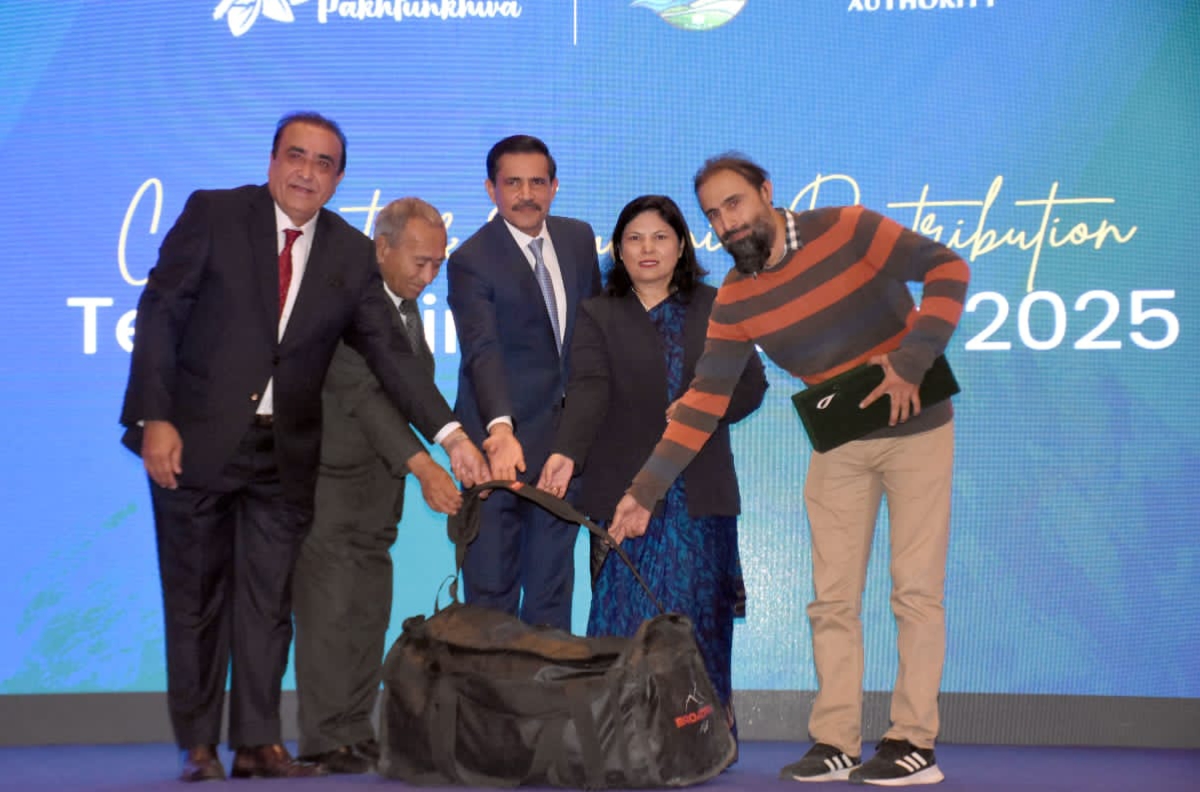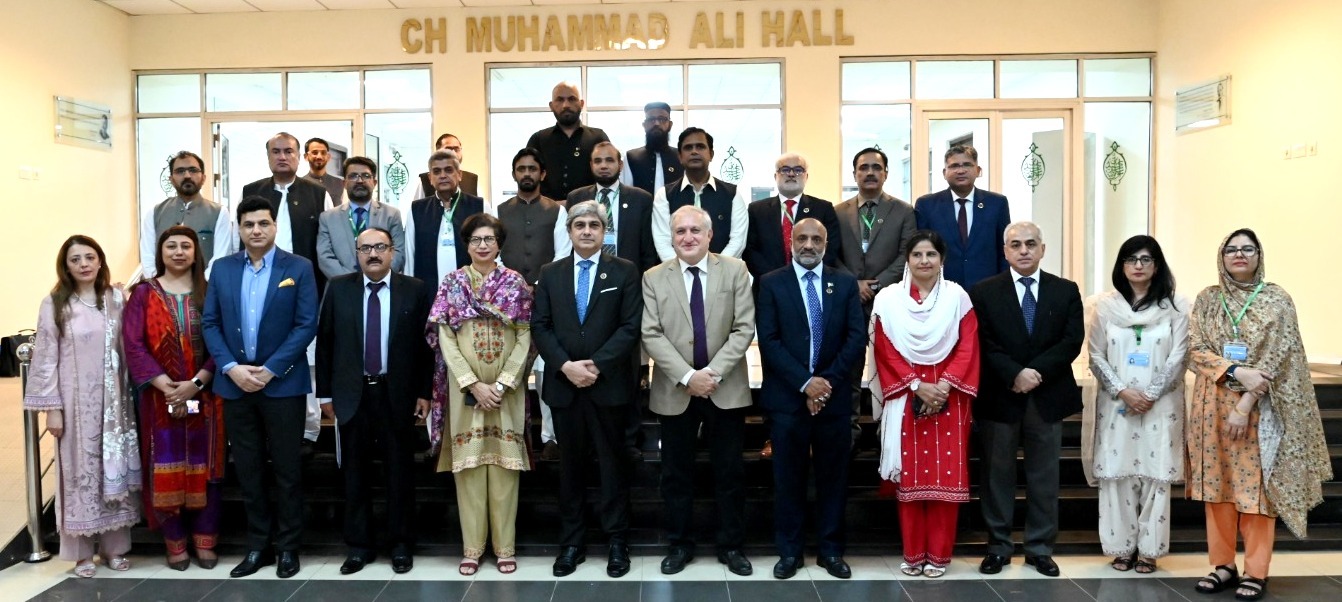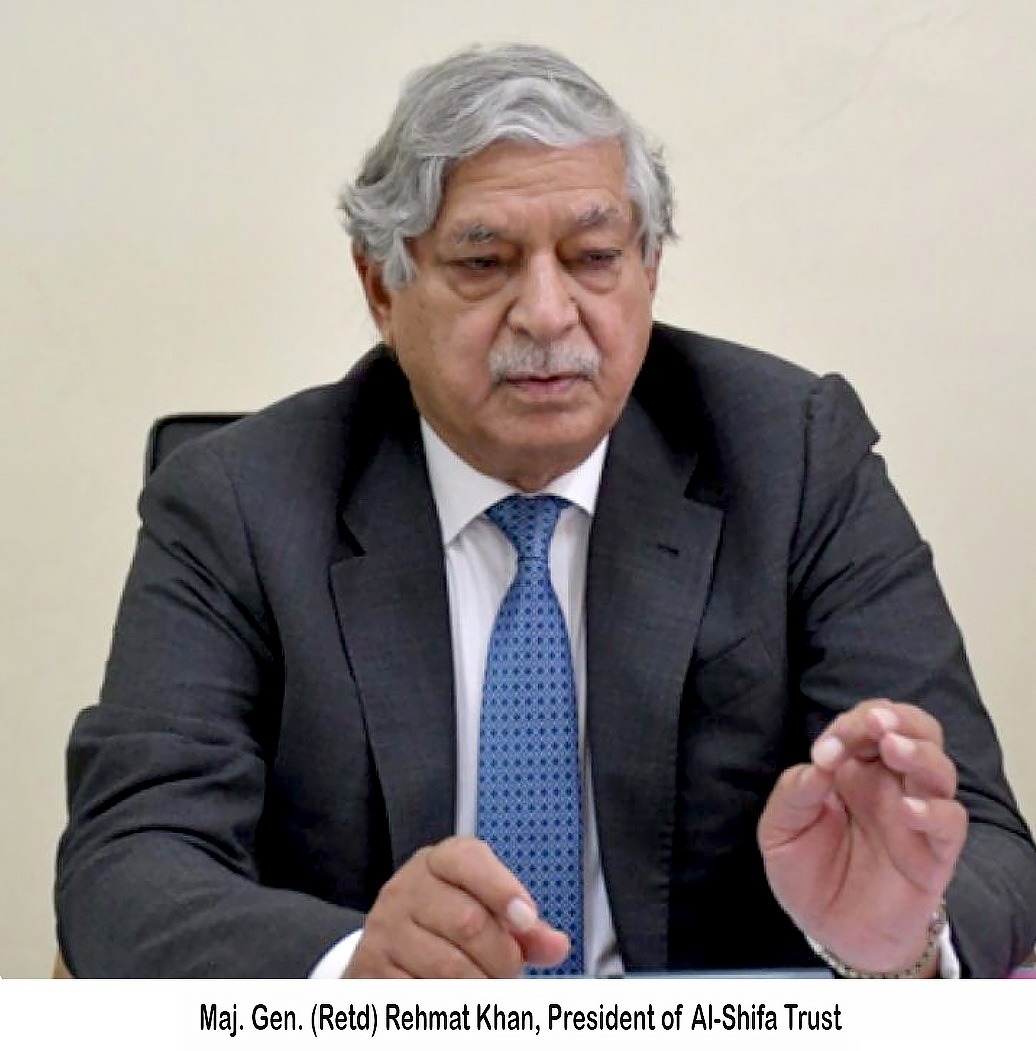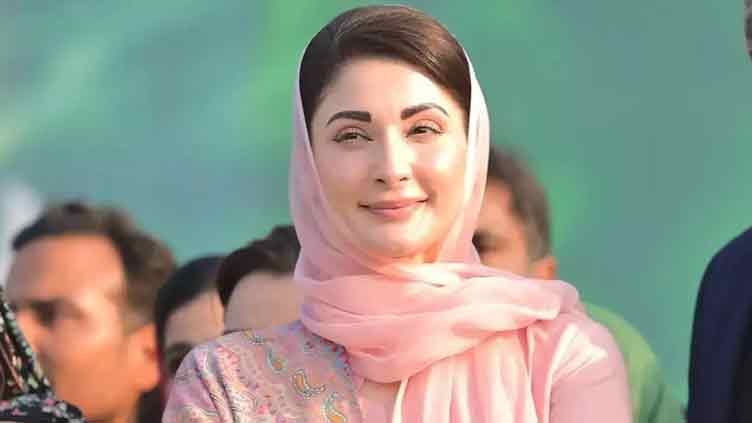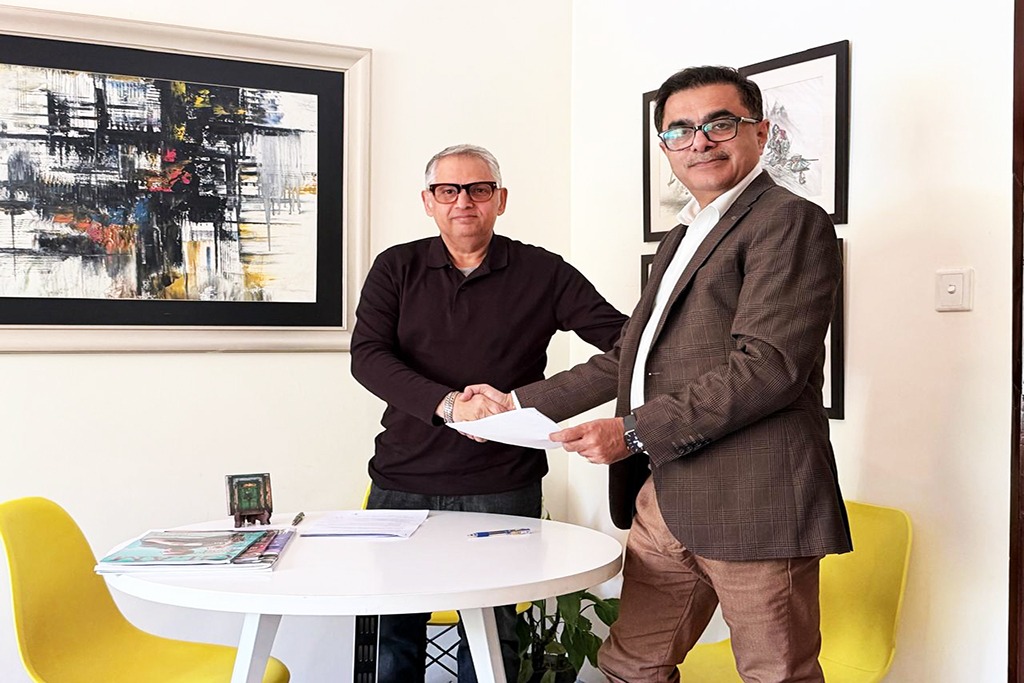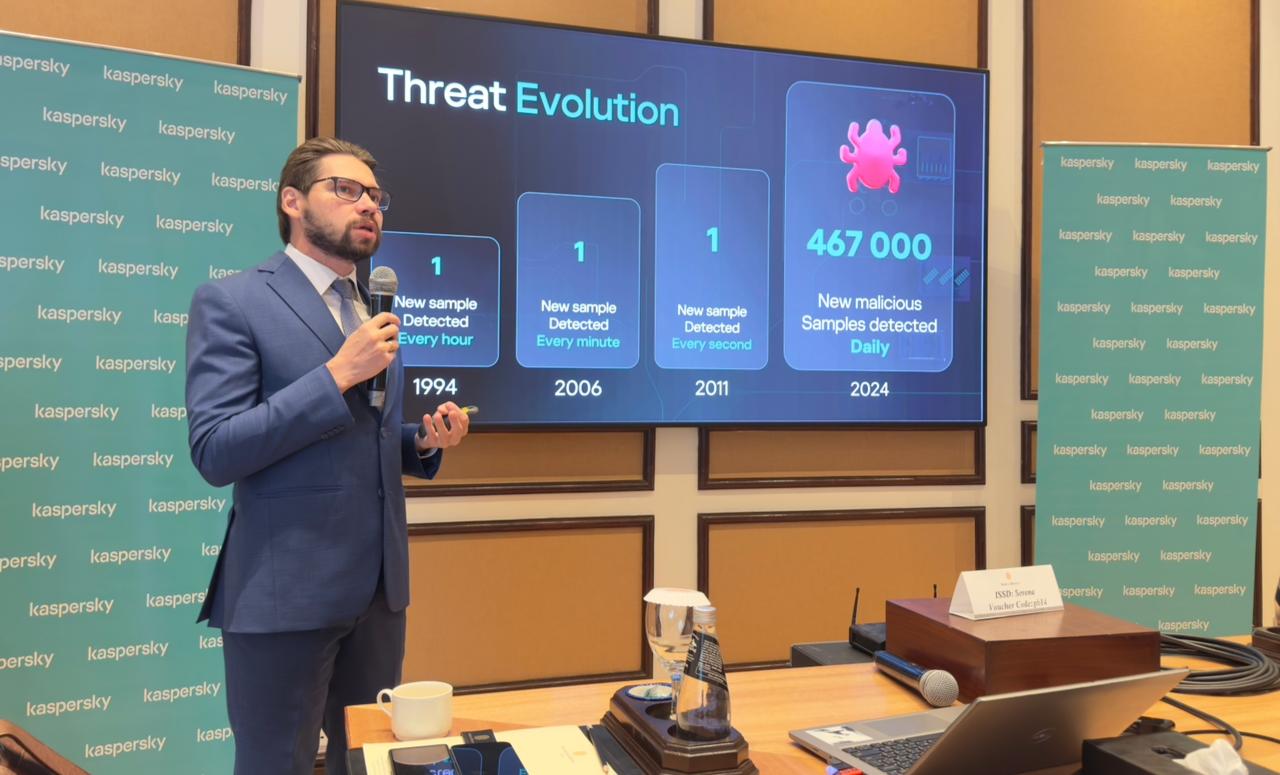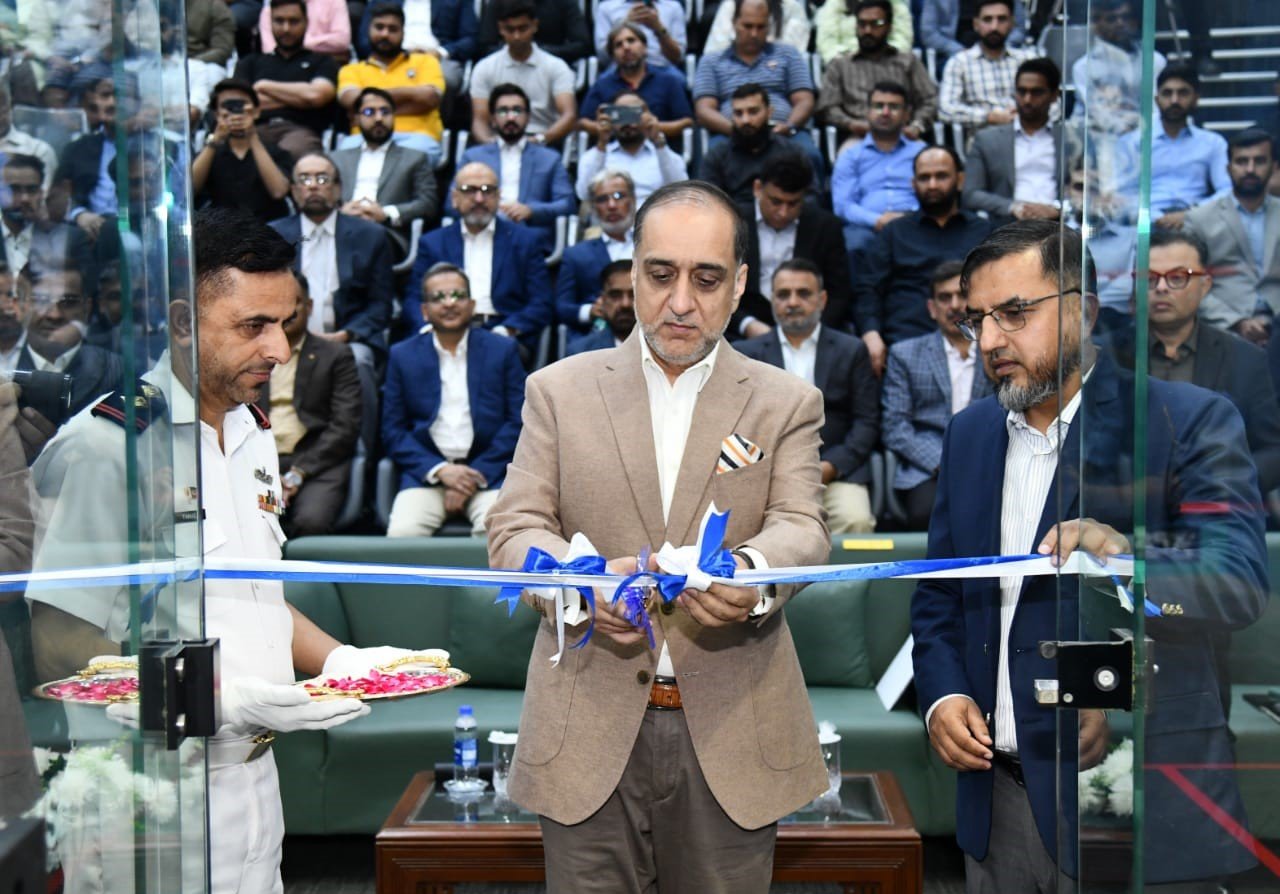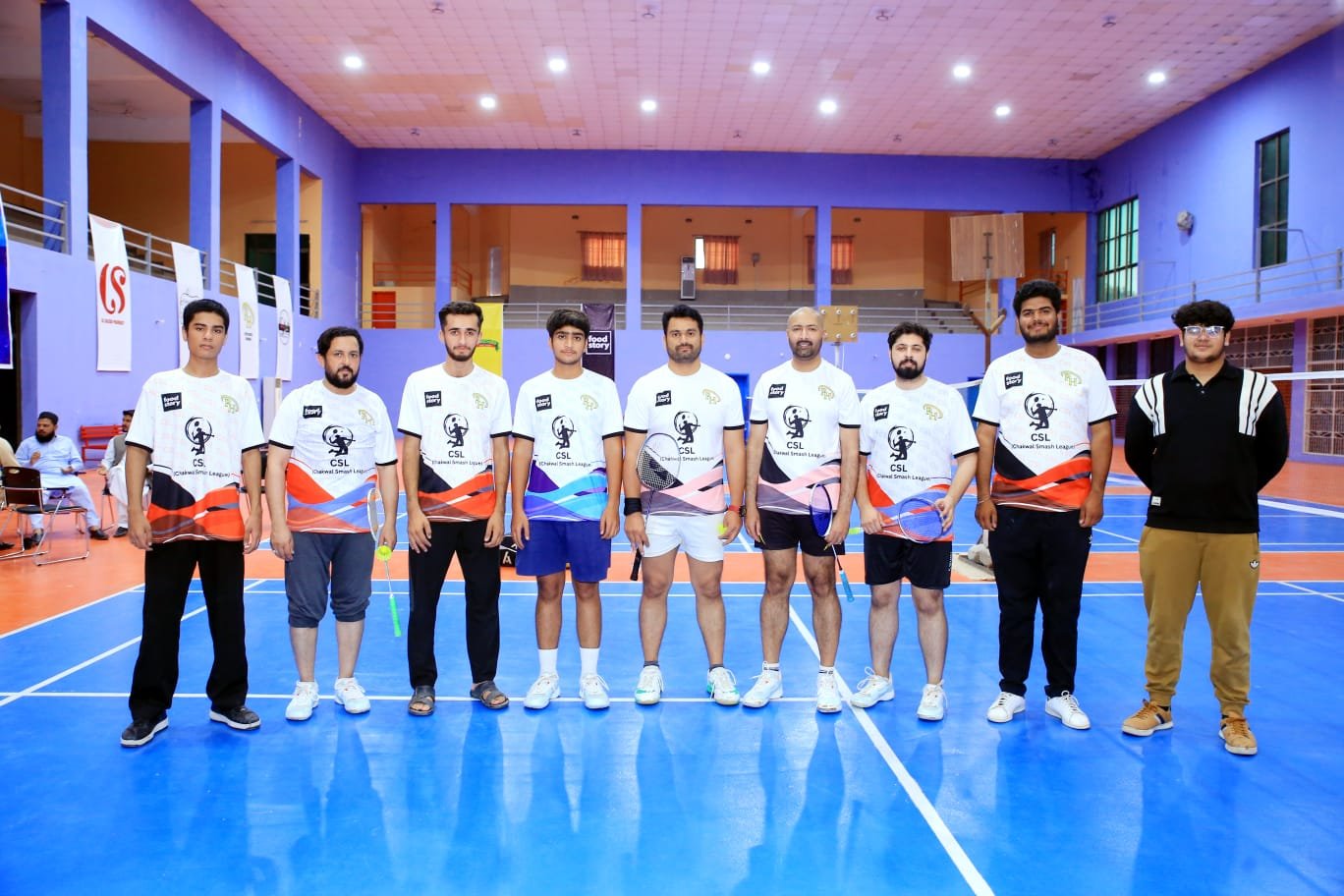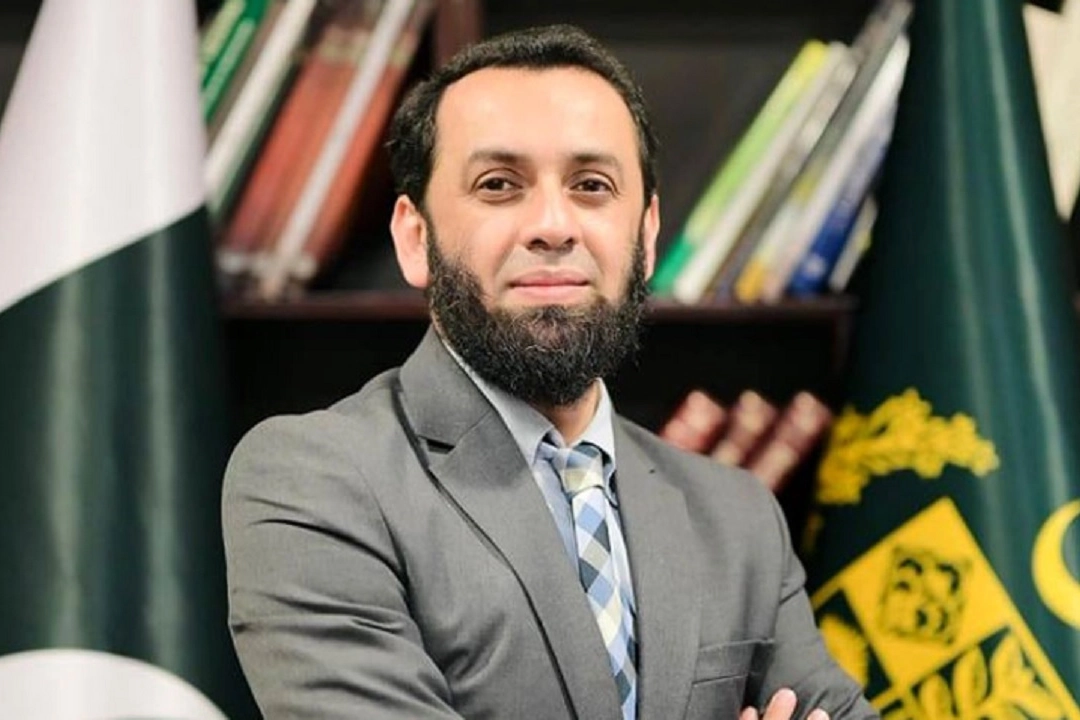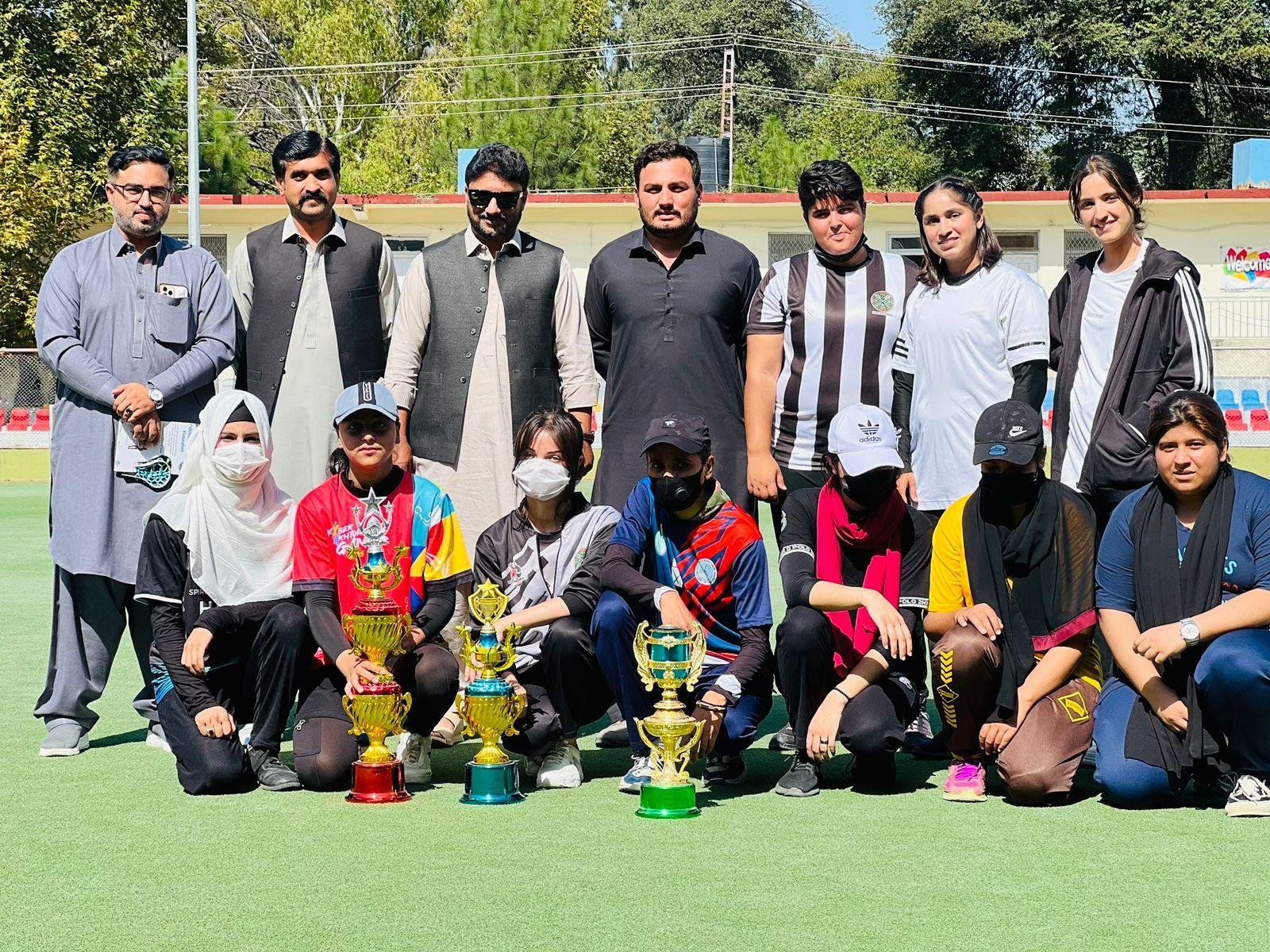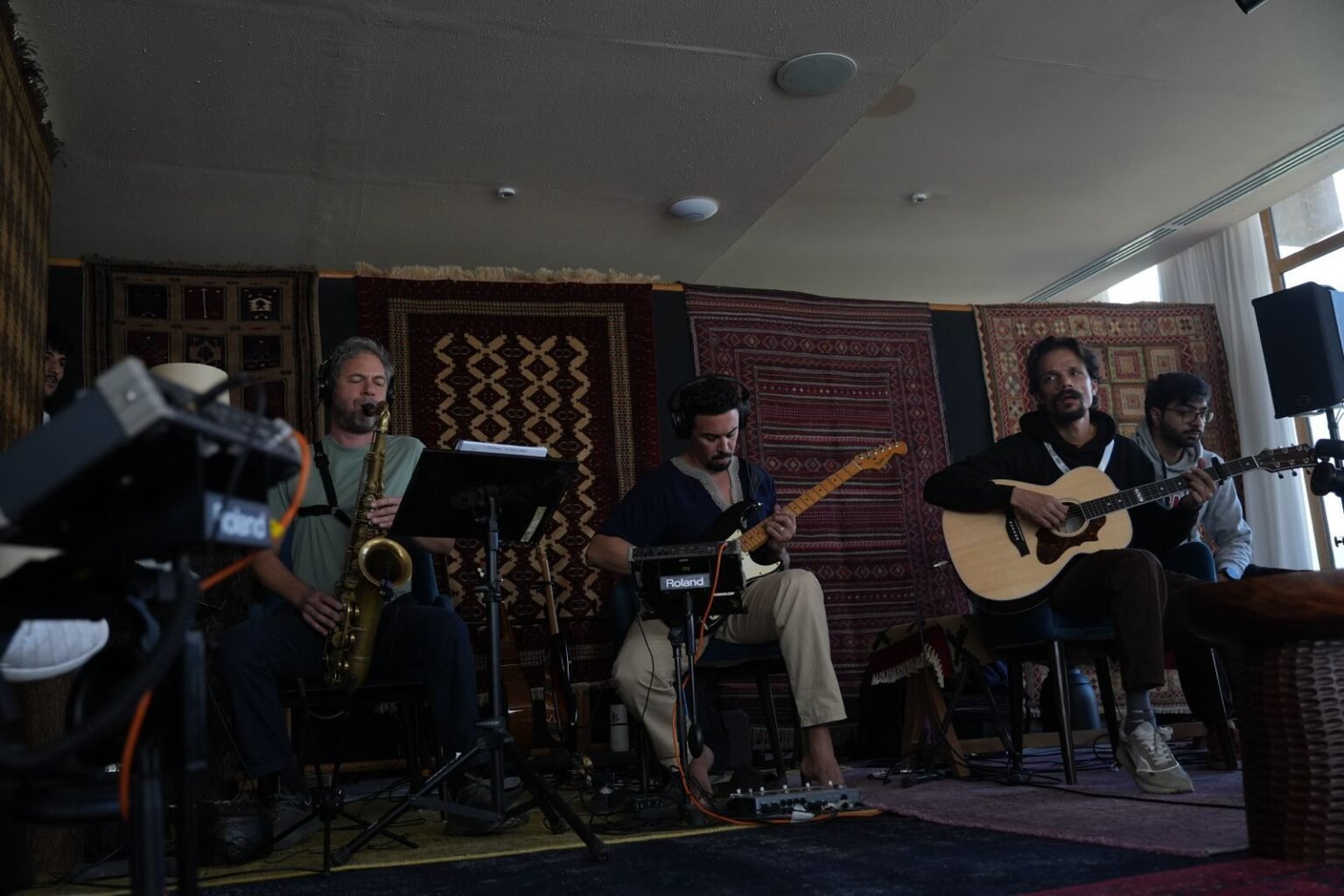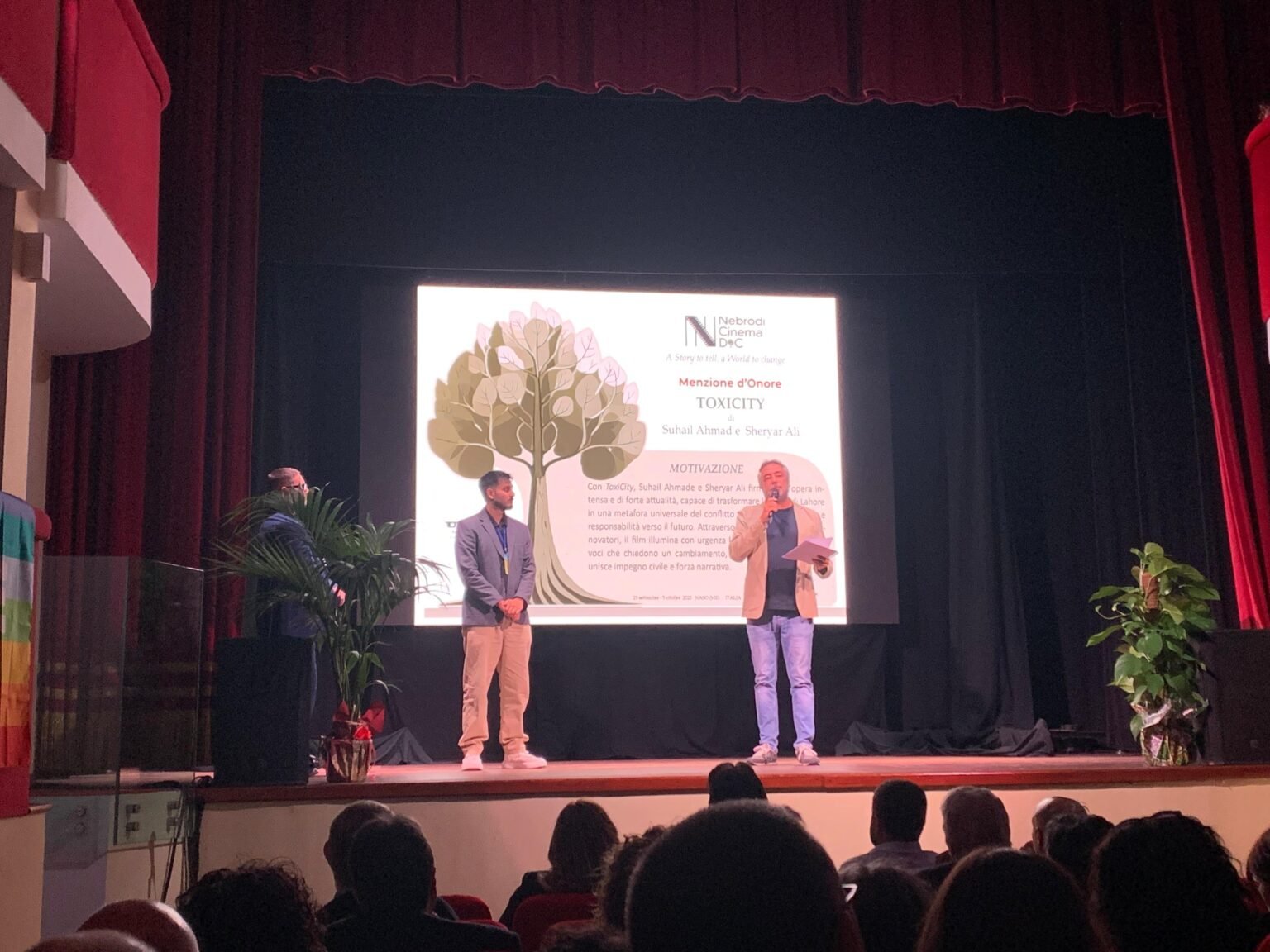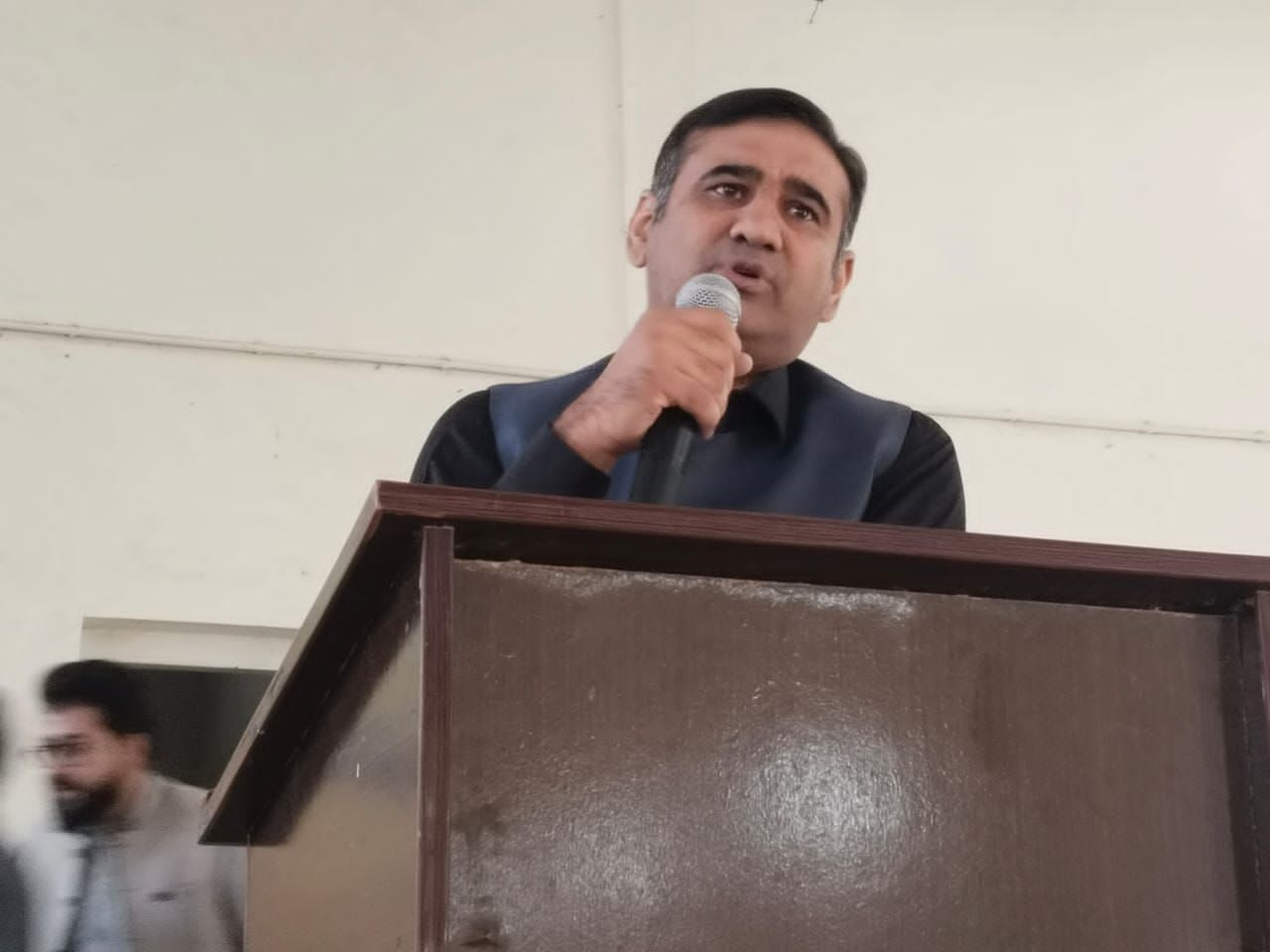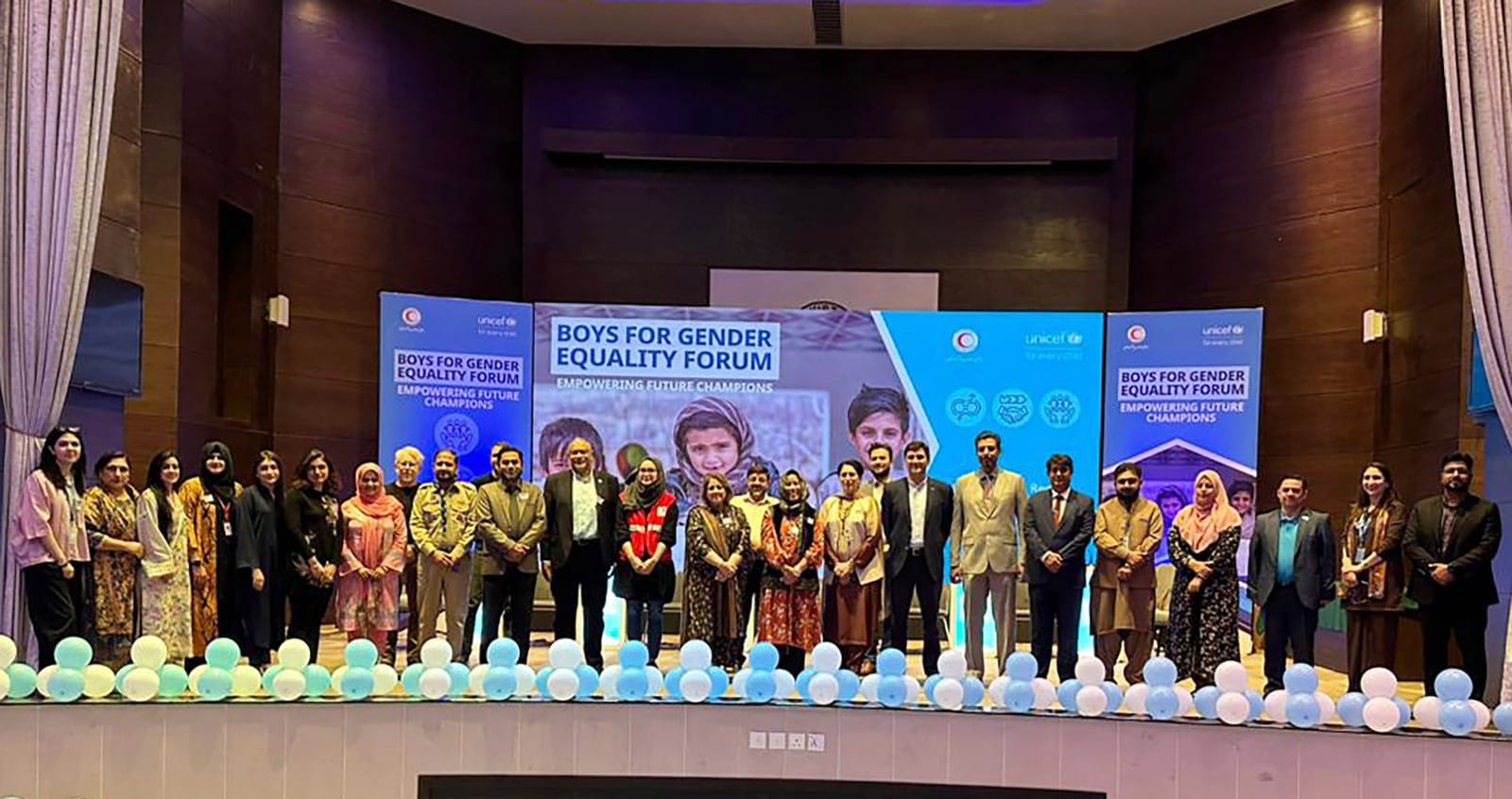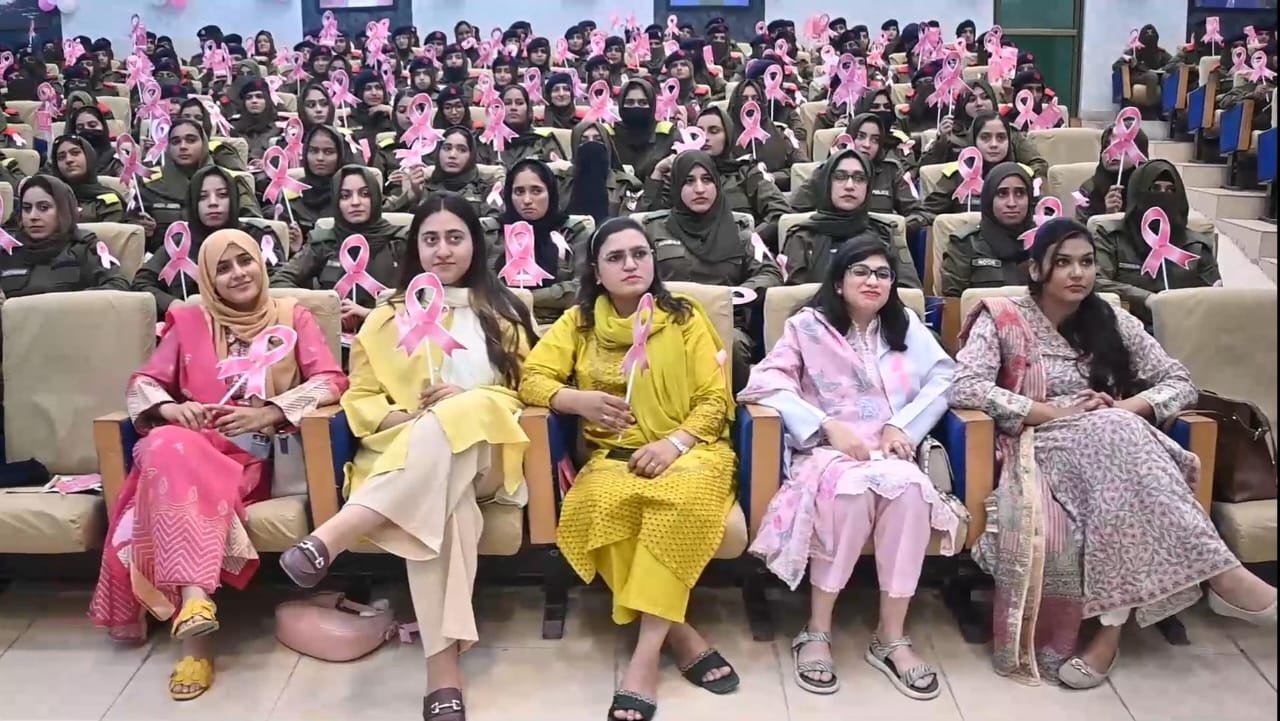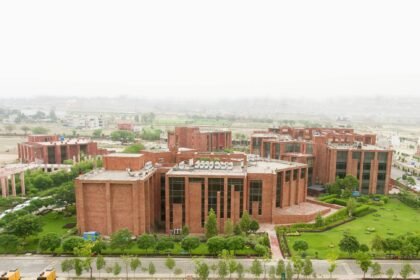The Public Purview
Pakistan’s Trusted Source for News, Views & Analysis – The Public Purview
PAKISTAN
OPINION
Westminster School Showcases Student Talent in Final PNCA Performance
ISLAMABAD — Westminster School delivered the final performance of its much-anticipated annual play on Friday, November 14, at the Pakistan National Council of the Arts (PNCA), drawing praise from educators, parents, and distinguished guests for the impressive display of student talent and confidence. The production featured weeks of preparation, during…
BUSINESS
TWA Delegation Congratulates Newly Elected Team
Delegation of TWA i 8 markaz under the leadership of President Raja fayaz gul VC ch.M.arshadZahid QurashiHameed abbasiM.AfazalAbdullah abbasi Congratulating…
CHINA INSIGHT
WORLD NEWS
SPORTS
ENTERTAINMENT
HEALTH
Sugary Drinks Linked to Over 2 Million New Diabetes Cases Annually
Sugary beverages have long been a staple in modern diets, but researchers…
E coli infections tied to McDonald’s burgers rise to 75
The variety of people inflamed by the E coli outbreak tied to…
Taste Introduced by Englishmen in Sub-Continent
The Englishmen when arrived in the subcontinent, they brought two things with…
Revealed: Open Sale of Fake Medicines in Sindh
The sale of counterfeit medicines in Sindh has been exposed, as provincial…
